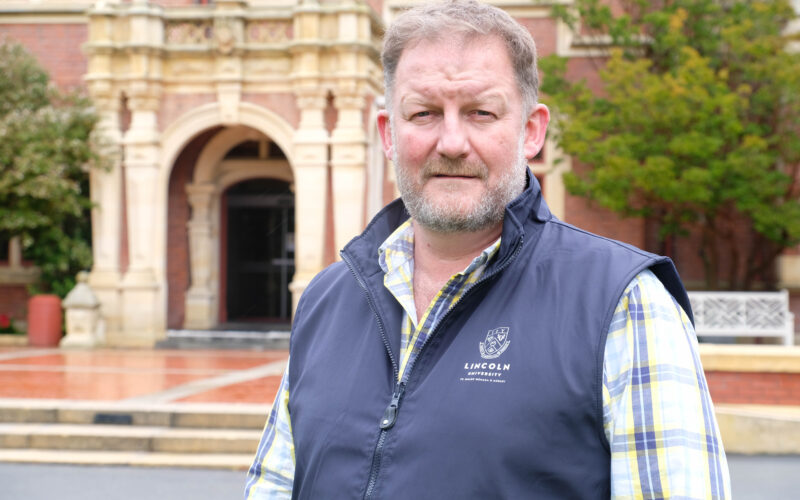Food producers have a once-in-20-year opportunity to show consumers they are not responsible for soaring food prices while also reframing the perception of food production.
Globally, the world is teetering on the edge of recession weighed down by inflation, geopolitical issues and the covid pandemic, while locally there are investigations into the supermarket duopoly and disrupted supply chains.
Hamish Gow, a professor at the faculty of Agribusiness and Commerce at Lincoln University, says consumer minds are focused on food costs, making the timing ideal to show consumers that growers are not making excessive profits.
“The challenge is recognising high prices in NZ are not driven by farmers but by the value chain, mainly wholesalers and supermarkets,” Gow said.
With consumers openly asking who is making all the money, by opening their books growers can reveal how their costs are rising and margins are being squeezed, showing they are not the primary beneficiary of rising food costs.
“In times of recession and inflation everyone feels it in their back pocket, so this is the time to have that conversation,” he said.
This consumer awareness is also an opportunity to talk more broadly about food production.
“There is an opportunity right now to have a conversation about what we want from our food producers and how we support domestic agriculture, for example, affordable vegetables, fruit, dairy products and meat,” he said.
This is a change from the previous messaging of ‘how do we feed the world?’.
”We’re with you and working with you and making money for the economy, producing food for our tables and the regions and rural businesses want to look after our communities,” he said.
Media is reporting the price of cheese reaching record prices and the inference is that those prices are linked to the farm gate price paid by Fonterra, which has reached record levels.
Gow said what is not widely understood is that the farm gate milk price is effectively set by a legislated process introduced and overseen by the Government.
The collapse of tourism and current consumer concern is also an opportunity to encourage discussion about the impact from the conversion of sheep and beef farmland to forestry and the importance of sustainable agriculture.
While there is no structure yet to drive these conversations, the message is clear.
“The opportunity is emerging very quickly to realign and reposition the conversation,” he said.
“If we don’t lead this conversation, someone else will and we’ll get absolutely attacked.”
Craig Bunt, a professor of Agricultural Innovation at the University of Otago, disputes commonly held accusations that farmers are being subsidised for polluting, saying consumers are also being subsidised by not meeting the full cost of production.
“Farmers aren’t getting subsidised to pollute, we’re all getting subsidised to eat,” Bunt said.
Consumers also need reminding that food production and farming is an essential biological process which, by its very nature, fixes but also releases carbon, a function for which they are not fully compensated.
“It’s easy attacking an individual and forgetting there are people involved who are responsible for our food production,” he said.
“Consumers want to hold farmers to account for greenhouse gas emissions while still producing cheap food.”
Bunt said products such as milk and cheese should be considered a healthy food rather than a treat like Coca Cola and deserve to be priced and treated as such.
“We are not very good at separating food from treats,” he said.
He believes farmers should be transparent with their costs.
“All this relates back to their cost of production and cost of food,” he said.
KPMG’s global head of agribusiness Ian Proudfoot said while the focus is on NZ exports, the plight of domestic consumers cannot be ignored, and some of those are struggling to get quality food on their tables and that could be a risk for our image as an exporter.
“We increasingly sell our food into premium markets with all those attributes of sustainability, freshness and quality, but global consumers are looking behind the attributes,” he said.
It is a similar conversation that has been had on environment, climate change and labour.
Proudfoot said the role of wholesalers is the main NZ supply chain issue needed to be addressed.
“The issue I think needs to be addressed is wholesalers and do we need a different wholesale system to move food through,” he said.
He is not advocating subsidies, but a system that rewards producers but also provides affordable, accessible food.
Read more articles in the Food Security special report series here.






